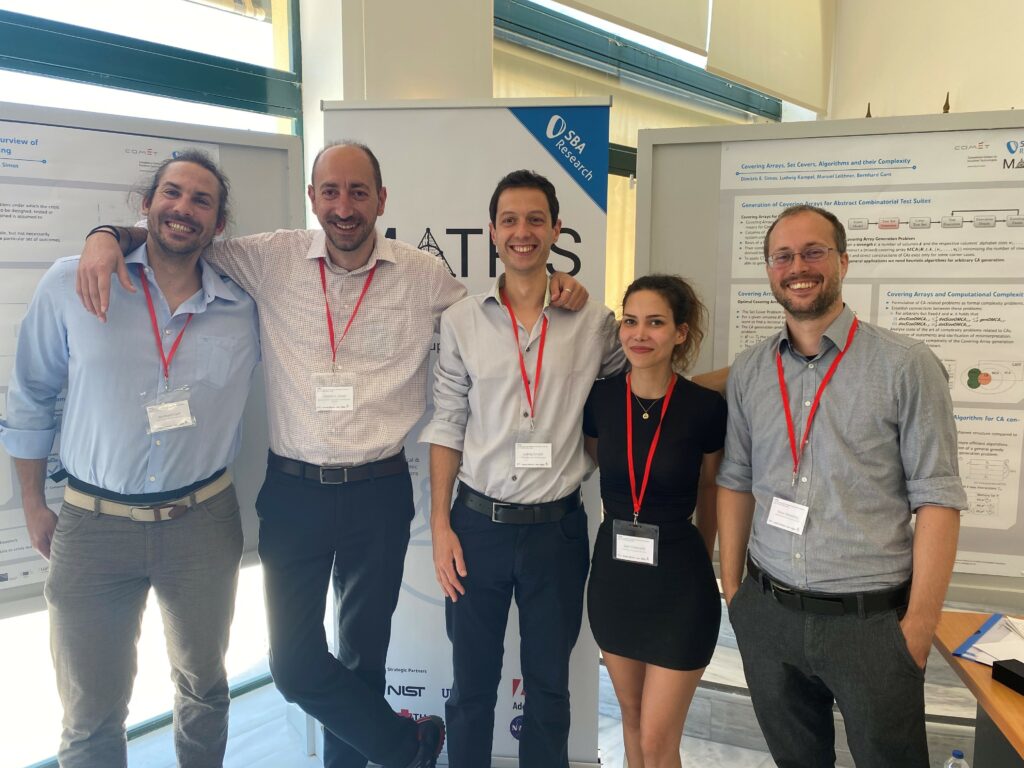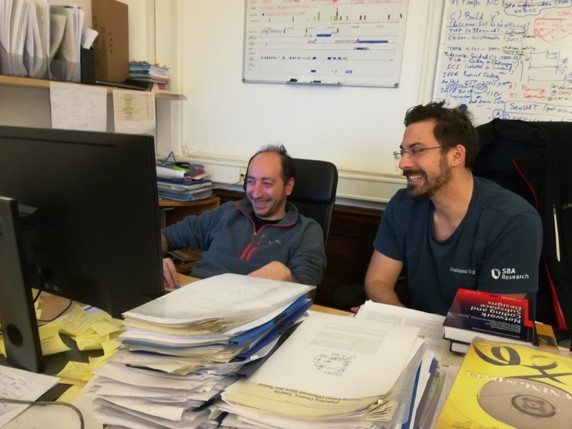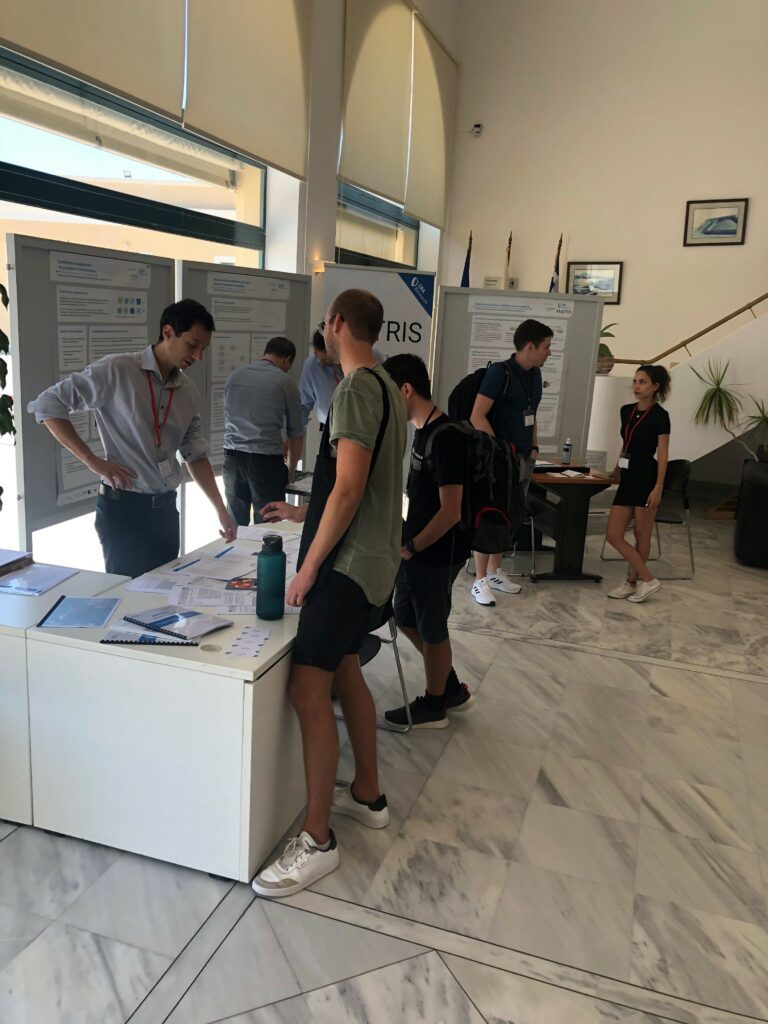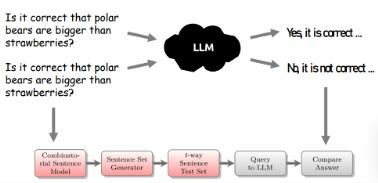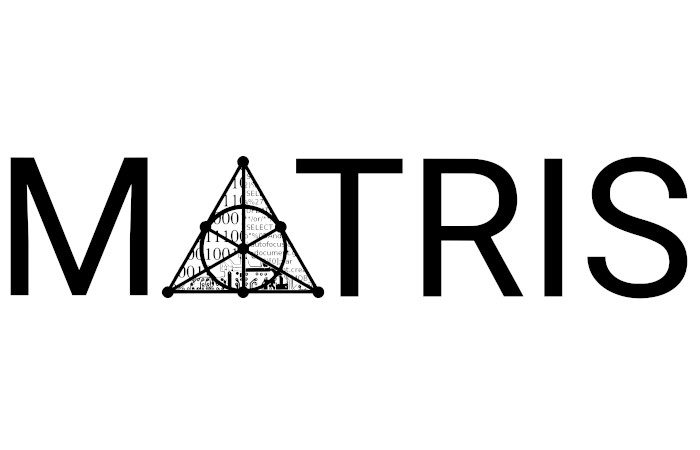MATRIS was founded to facilitate the connection between discrete mathematics, computer science in general, and, in particular, the interplay with information security. Our principal mission is to develop mathematical foundations and related primitives from the field of discrete mathematics and apply them to real-world problems of software testing and information security. For these reasons, MATRIS centers on combinatorial testing methodology and approach.
The research group has developed methods applicable to perform combinatorial security testing (CST), which identifies vulnerabilities; combinatorial sequence testing is used to verify the correct handling of (possibly invalid) sequences of events; and combinatorial fingerprinting, an active approach to distinguish between specific implementations of a protocol.
Our combinatorial testing research has led to the development of novel approaches in three core areas:
1) Modeling systems and processes,
2) generating minimalist sets, and
3) utilizing the resulting components to identify vulnerabilities, faults, and backdoors.
Our approaches for test set generation have been in-spired by a wide range of technologies such as quantum-inspired computing, neural networks, and algorithmic engineering.
Some key examples of the impact of our past research and technology transfer to large research and industrial organizations include adobe (large-scale combinatorial testing for Adobe analytics), Siemens (combinatorial testing of protocols used in smart cities), and NASA (modeling and testing NASA’s core flight system (CFS) software).
More information about our research can be found at https://matris.sba-research.org/.
Read our recent Success Story here: Research Cooperation Commend & SBA Research
Research
The research takes shape through an interdisciplinary approach, bridging three teams:
DEFSYS, responsible for crafting theoretical frameworks in the field of security science;
CALGO, specializing in combinatorial algorithms, arrays, and optimization, leveraging custom-designed theoretical frameworks; and
CST, dedicated to providing solutions for the challenges posed by exhaustive testing techniques and the costliness of randomized approaches in IT security, all achieved through model-based combinatorial methods.
